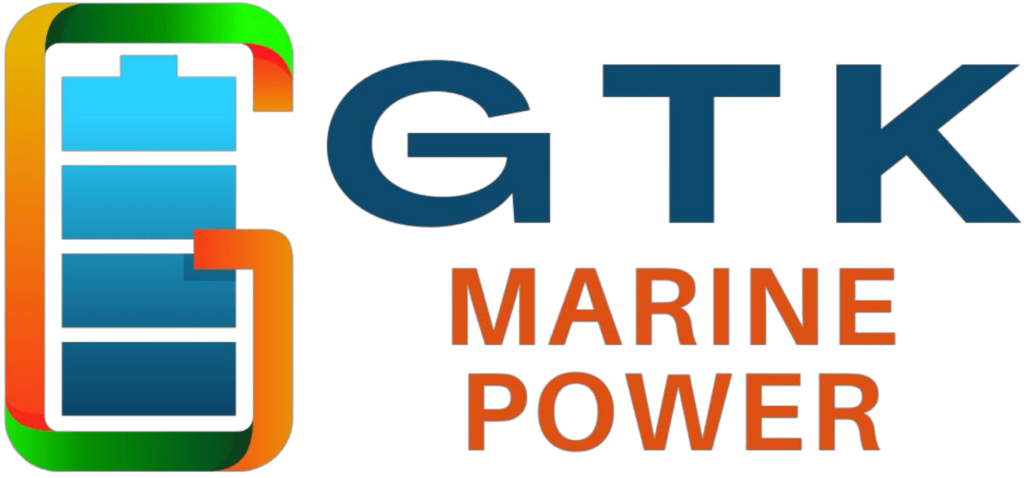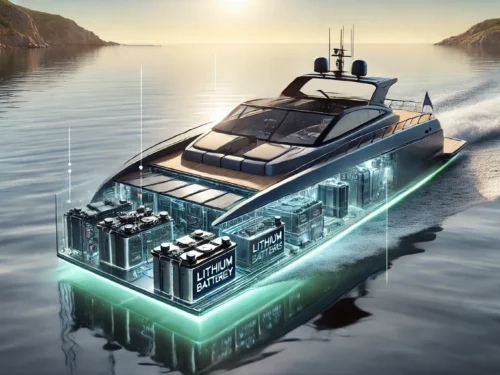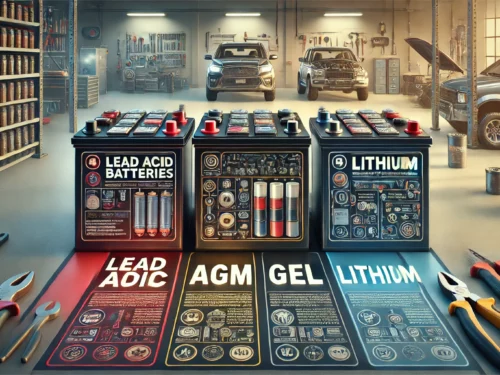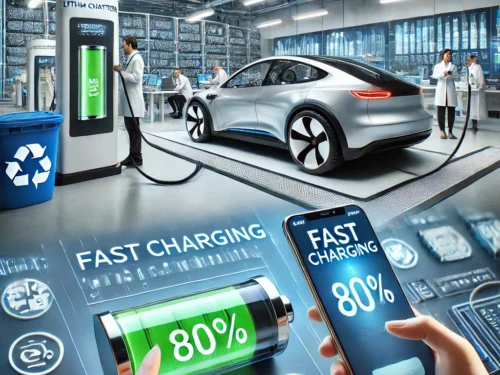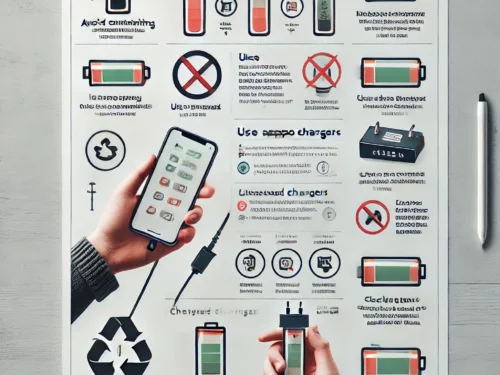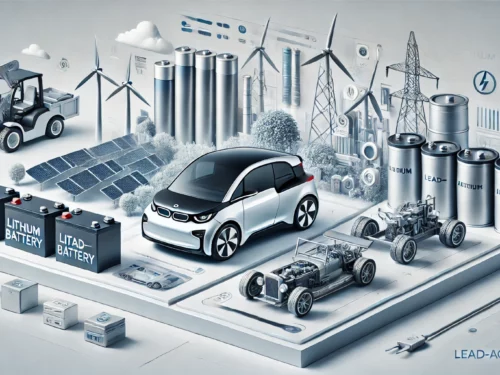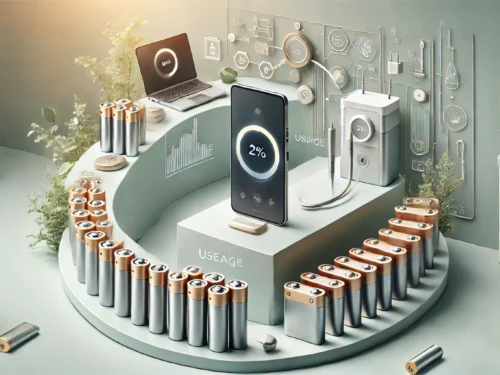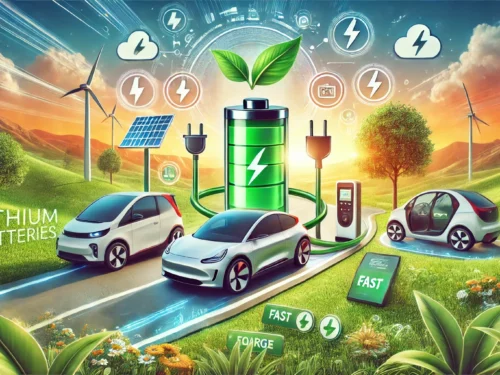If you’re considering upgrading your battery system, you may have heard of lithium-ion batteries. They’ve been making headlines for their high energy density and long lifespan, but they’re not a one-size-fits-all solution. In this article, we’ll take a closer look at the pros and cons of lithium-ion batteries to help you decide if they’re the right choice for your application.
What are Lithium-Ion Batteries?
Lithium-ion batteries are rechargeable batteries that use lithium ions as the primary active ingredient. They’re commonly used in portable electronics, electric vehicles, and stationary power storage systems. They’re also gaining popularity in marine and RV applications due to their compact size and high energy density.
Pros of Lithium-Ion Batteries

- High energy density: Lithium-ion batteries have a much higher energy density than lead-acid batteries, meaning they can store more energy in a smaller package. This makes them ideal for applications where space is limited.
- Long lifespan: Lithium-ion batteries can last up to 10 years or more, depending on usage and maintenance. This is significantly longer than lead-acid batteries, which typically last 3-5 years.
- Low self-discharge rate: Lithium-ion batteries have a much lower self-discharge rate than lead-acid batteries, meaning they can hold their charge for longer periods of time. This makes them ideal for applications where the battery may sit idle for extended periods.
- Fast charging: Lithium-ion batteries can be charged much faster than lead-acid batteries, sometimes in as little as 30 minutes. This can be a huge advantage for applications where downtime needs to be minimized.
Cons of Lithium-Ion Batteries
- Higher cost: Lithium-ion batteries are more expensive than lead-acid batteries, which can make them less attractive for some applications.
- Safety concerns: Lithium-ion batteries have been known to catch fire or explode in rare cases. However, this is usually due to manufacturing defects or improper use. Proper handling and maintenance can minimize the risk of these incidents.
- Complex charging requirements: Lithium-ion batteries require specialized chargers that are designed to prevent overcharging, which can damage the battery. Using the wrong charger can lead to decreased lifespan or safety concerns.
Lithium-ion batteries offer several advantages over traditional lead-acid batteries, including higher energy density, longer lifespan, and faster charging. However, they also come with higher costs and safety concerns that need to be considered. Before making the switch, be sure to carefully evaluate your application and consult with a battery expert to determine if lithium-ion batteries are the right choice for you.
